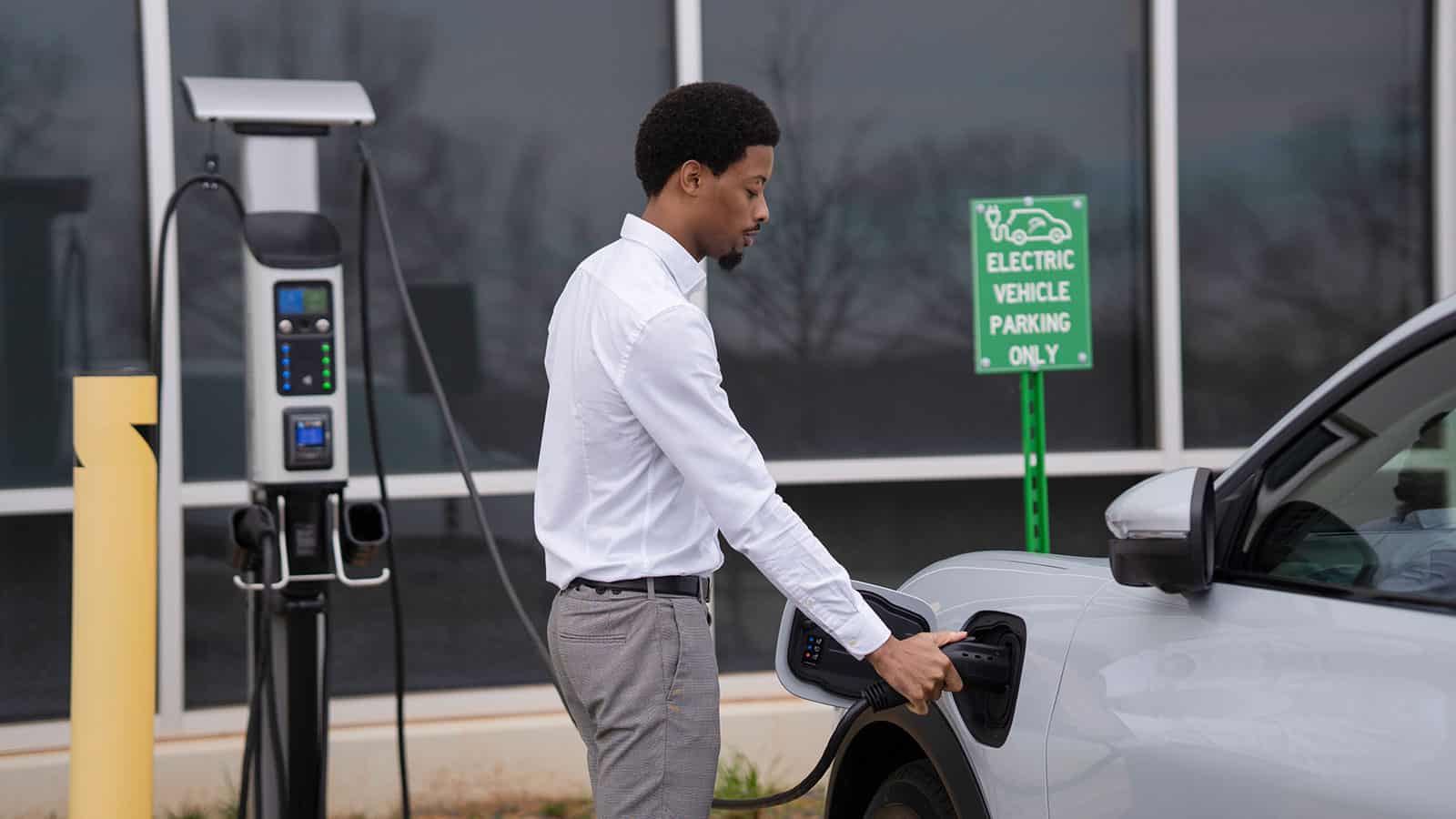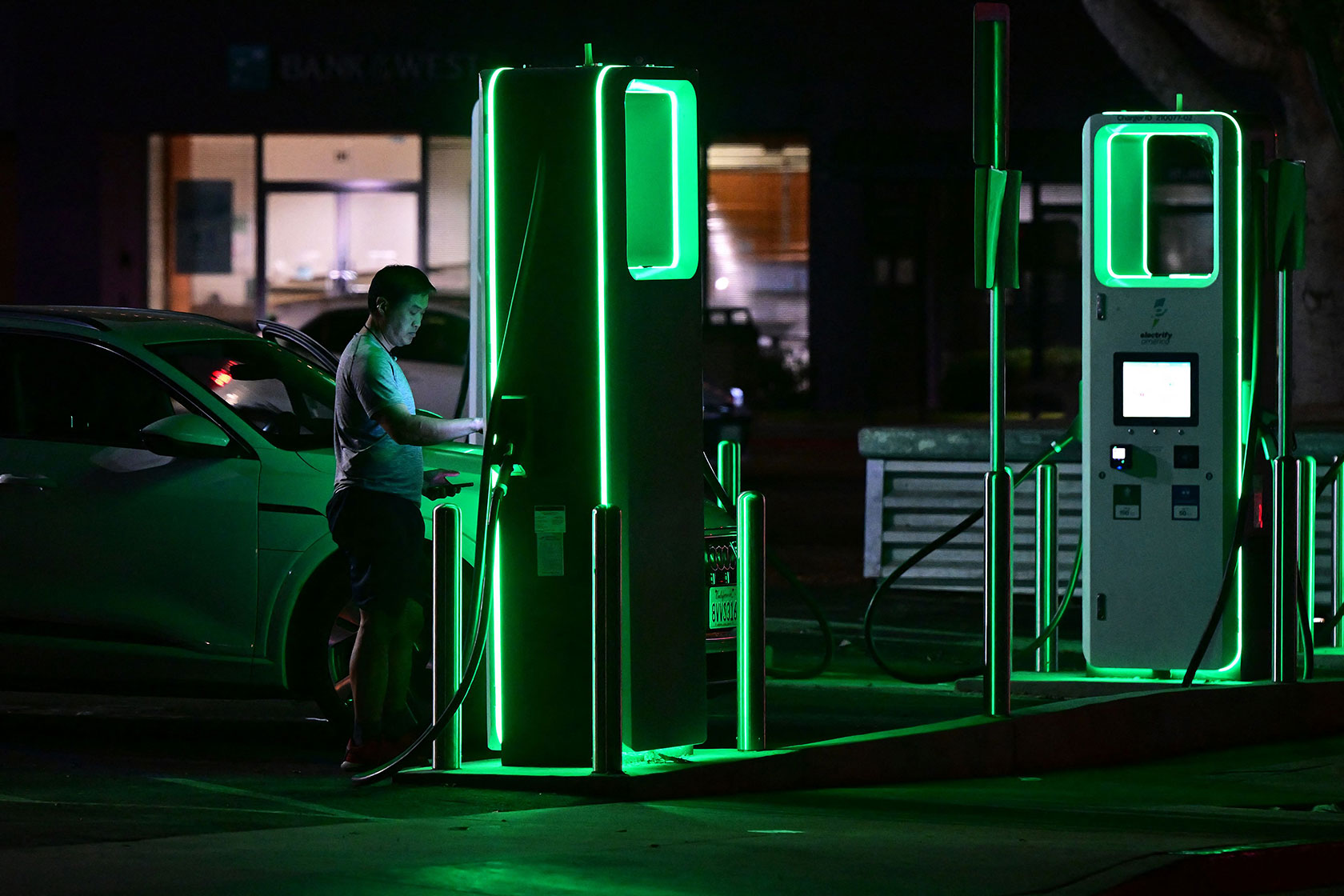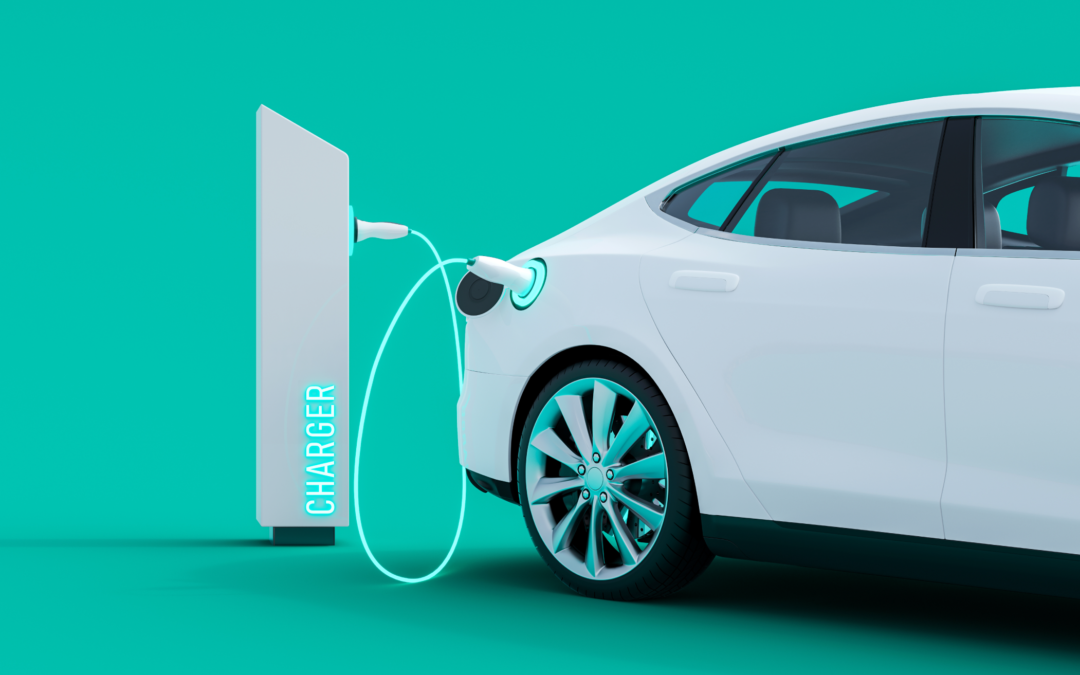Expert Opinions and Market Insights When You Buy EV Charging news
Expert Opinions and Market Insights When You Buy EV Charging news
Blog Article
Top EV Charging Information: Secret Updates on Framework and Advancement

Current Innovations in Fast-Charging Technology

Additionally, developments in battery modern technology, consisting of enhanced thermal administration systems and higher power thickness batteries, enhance fast-charging abilities. These developments alleviate the threat of battery degradation throughout quick charging, making sure longevity and performance for EV owners.
Additionally, the assimilation of clever billing remedies is improving individual experience, allowing real-time monitoring and dynamic pricing designs. EV Charging news. This versatility permits drivers to maximize charging times and prices based on grid need
As automakers remain to buy fast-charging networks, the cooperation between industry stakeholders is critical. Partnerships in between billing station service providers and vehicle makers are leading the way for extensive protection, ultimately fostering a more durable EV ecosystem. These advancements are essential in supporting the transition to sustainable transport.
Federal Government Campaigns for Charging Development
Government efforts play an essential duty in the development of electric lorry (EV) charging infrastructure, promoting the transition to sustainable transportation. Various federal and state programs are being carried out to improve charging accessibility, reduce the financial worry on customers, and advertise the adoption of electrical lorries.
Notably, the U.S. government has actually allocated substantial financing through the Facilities Financial Investment and Jobs Act, which earmarks $7.5 billion for EV billing network growth across the country. This financing is targeted at releasing countless new billing stations, specifically in underserved locations, consequently addressing range stress and anxiety amongst possible EV purchasers.
Additionally, numerous states are enacting regulations to enhance the permitting process for billing terminal installments, which is important for accelerating implementation. Incentives such as tax obligation credit reports and refunds for both consumers and companies are additionally being introduced to encourage the installment of billing framework.
Additionally, public-private collaborations are increasingly coming to be a focus, leveraging personal financial investment to match federal government financing. These efforts emphasize a collective technique vital for developing a reliable and extensive EV billing network, inevitably contributing to a greener and even more lasting future.
Innovative Battery Solutions Enhancing Effectiveness
Transforming the landscape of electric lorry (EV) modern technology, cutting-edge battery options are substantially improving performance and performance. Advancements in battery chemistry, specifically with lithium-sulfur and solid-state batteries, are bring about enhanced power density, which enables longer varieties and faster billing times. These new battery types have the potential to exceed standard lithium-ion batteries by using higher capabilities while reducing weight, consequently improving total automobile efficiency.
Additionally, advancements in battery administration systems (BMS) are optimizing power usage and extending battery life expectancy. Intelligent algorithms keep an eye on battery health and performance, enabling real-time modifications to billing and discharging procedures. This not only enhances the efficiency of the battery however additionally makes sure a much more trustworthy and lasting energy resource for EVs.
Moreover, the integration of recycling modern technologies is attending to the ecological impact of battery manufacturing and disposal. Advancements in second-life applications for EV batteries are facilitating their usage in energy storage systems, adding to a circular economic situation.
As these cutting-edge battery solutions remain to evolve, they promise to change the EV market, making electrical automobiles much more obtainable and attractive to a wider target market while sustaining international sustainability goals.

Cooperation Between Automakers and Billing Networks
Recognizing the crucial demand for a robust charging framework, car manufacturers are progressively collaborating with charging network service providers to boost the EV ownership experience (EV Charging news). These partnerships intend to produce a seamless billing ecosystem that benefits customers and sustains the transition to electrical lorries
Major auto brand names are joining pressures with well-known charging networks to increase their charging station protection, making sure drivers have accessibility to dependable and practical billing choices. Collaborations with networks like ChargePoint and Electrify America permit car manufacturers to incorporate charging options straight right into their automobiles' navigating systems, guiding individuals to the nearest stations and offering real-time availability updates.
In addition, these cooperations typically result in the development of fast-charging modern technologies that dramatically decrease the time needed to Recommended Reading recharge an EV. By merging sources and proficiency, car manufacturers and charging networks can innovate quicker, creating remedies that satisfy the growing need for electric movement.
On top of that, joint initiatives may likewise result in more standard charging methods, which can ease customer confusion and promote more comprehensive EV fostering. Generally, these critical alliances are essential in constructing a reliable and easy to use charging facilities that satisfies the demands of a broadening electric lorry market.
Obstacles Facing EV Charging Facilities
As the electric vehicle market remains to expand, numerous obstacles are surfacing that impede the development of a comprehensive charging framework. One of the key obstacles is the inadequate variety of billing stations, particularly in country and underserved urban locations. This space develops array stress and anxiety among potential EV buyers, preventing them from making the Homepage button.
In addition, the lack of standardization in charging technology complicates the infrastructure landscape. Variants in plug kinds and charging rates can create confusion for customers and increase functional complexities for billing network operators.
One more pushing concern is the high price connected with the installment and upkeep of charging terminals, which can be a barrier for both private businesses and public entities. Regulatory difficulties and zoning restrictions can delay the release of charging infrastructure, restraining progress in expanding necessary services. Resolving these challenges will be vital for promoting a robust EV ecological community that sustains the transition to sustainable transportation.
Verdict
To conclude, the ongoing improvements in EV billing modern technology, supported by significant federal government initiatives and innovative battery remedies, are critical for the development and efficiency of electrical lorry facilities. Partnerships between car manufacturers and charging companies even more enhance station insurance coverage, attending to the growing demand for accessible charging anchor alternatives. In spite of challenges that linger within the EV charging landscape, these growths symbolize a favorable trajectory towards a much more reliable and sustainable electric vehicle environment.
Developments in billing framework have led to the advancement of ultra-fast chargers capable of providing up to 350 kW of power, significantly decreasing charging times. Variations in plug types and billing rates can create confusion for users and enhance operational complexities for charging network operators.In conclusion, the continuous innovations in EV billing technology, supported by significant government campaigns and cutting-edge battery solutions, are essential for the development and effectiveness of electrical lorry framework. Partnerships in between automakers and billing carriers additionally boost terminal protection, addressing the expanding demand for obtainable charging options. Regardless of obstacles that continue within the EV charging landscape, these developments symbolize a favorable trajectory in the direction of a more efficient and lasting electric automobile ecological community.
Report this page